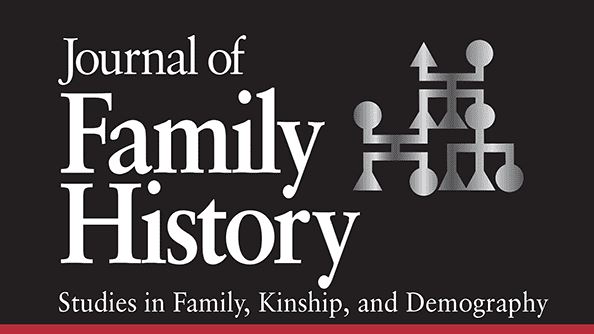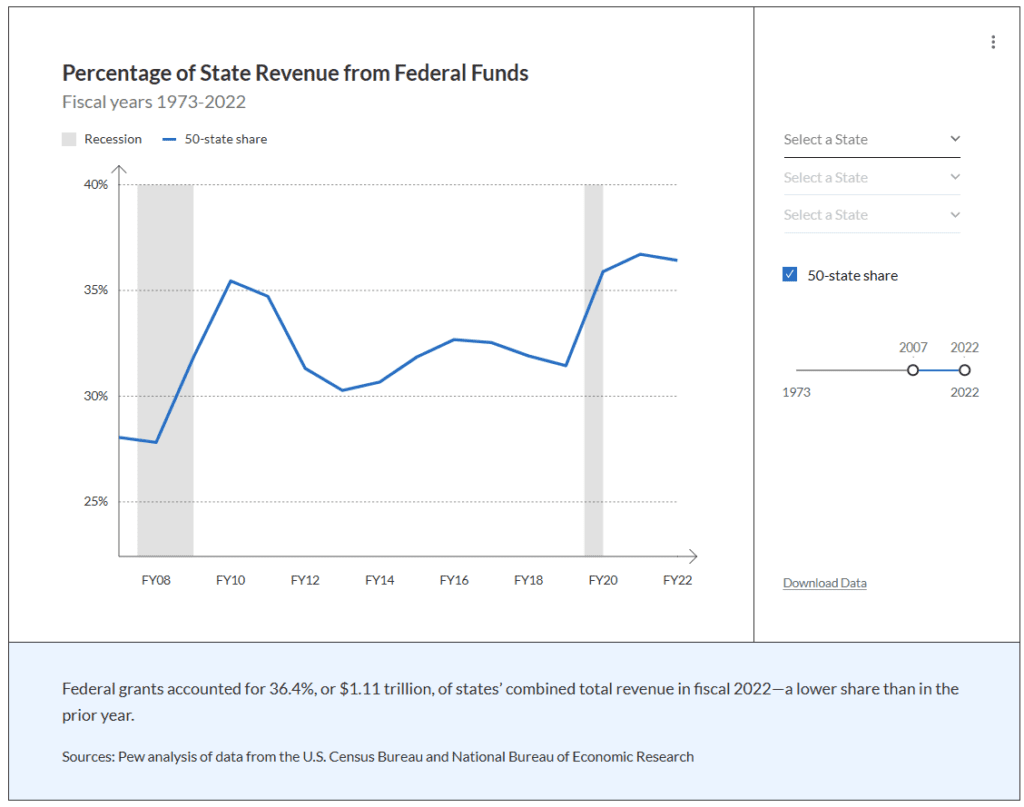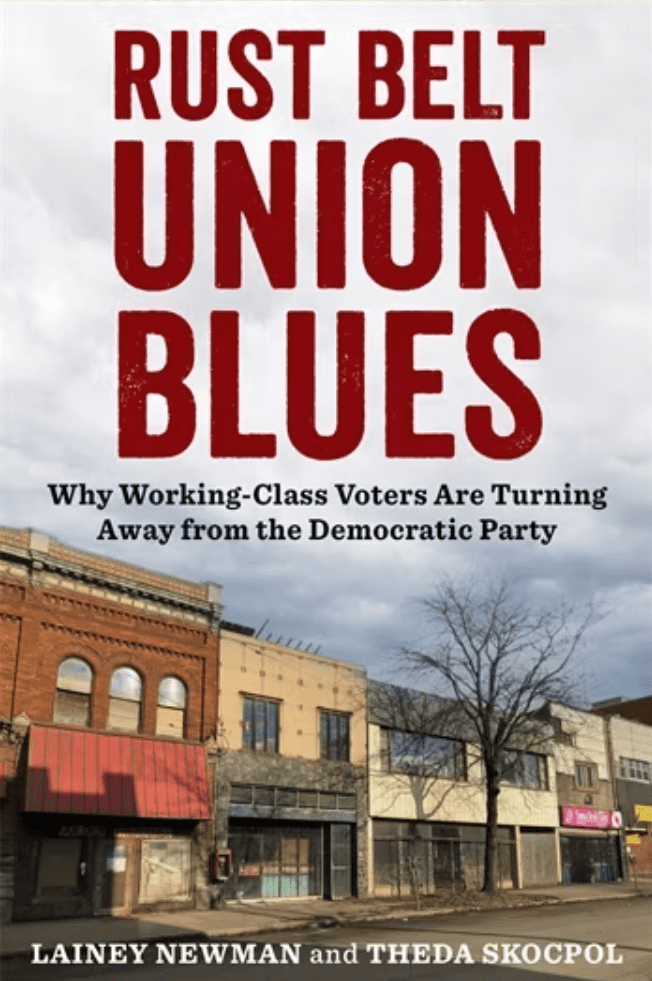
Archive for September 2024
Tribute to Jim Ridgway and his contributions to statistics education and statistical literacy
Sociodemographic inequalities in breast cancer screening attendance in Germany following the implementation of an Organized Screening Program: Scoping Review
Exploring the Benefits of Telemental Health Care for Asian New Zealanders: A Mixed Methods Study
Modeling Perceptual Learning as a Continuous Function of Time-on-Task Increases Theoretical Specificity and Statistical Power
Remote Neuropsychological Assessment: Forensics, Research, and Ethics
The Social Determinants of Health Screening and Referral Project
Gestational weight gain at the national, regional, and income group levels based on 234 national household surveys from 70 low-income and middle-income countries
Finding one’s way
Parental Alcohol Intoxication, Adverse Childhood Experiences, and Negative Psychological Reactions to Childhood Adversities: Cross-Sectional and Prospective Data from the Population‑Based HUNT Study
A Harmful Scene: Vicarious Exposure to Racism and Negative Affect Among Undergraduate Students in the Context of the George Floyd Tragedy
Artificial Intelligence: Agencies Are Implementing Management and Personnel Requirements
Influence of Adverse Childhood Experiences and Resilience on Symptoms of Anxiety and Depression in Mexican Psychology Students
Barriers and facilitators for implementing the WHO Safe Childbirth Checklist (SCC) in Mozambique: A qualitative study using the Consolidated Framework for Implementation Research (CFIR)
Bullying and Posttraumatic Stress Disorder (PTSD) Symptoms Among Adolescents of Public Schools in Colombia: A Cross-Sectional Study
Violent and Abusive Behaviour in Nineteenth-Century Marriage in Bohemia

Federal Share of State Revenue

Complex Trauma from Child Abuse and Neglect “I’m not Sure We’re even All Talking about the Same Thing and We’re Probably Not”:
The Association Between Vitamin D and Executive Functions in Healthy Young- and Middle-Aged Adults: A Scoping Review
Interventions to reduce leprosy related stigma: A systematic review
“How do You Take that Much Time for One Person’s Life?” Experiences of Dementia Caregivers Who are Not Immediate Family
Effect of a neuropsychological intervention program on executive functions and social cognition in select child witnesses in the Colombian armed conflict.
Samsara in psychotherapy. A rebirth of Jeremy Safran’s Buddhist dialogue
IUD counseling and the gynecological gaze: the biopolitics of clinical shared decision-making in the US
Disseminating Ethical Applied Behavior Analysis within a Human-Service Organization: A Tutorial
Untargeted Property Tax Cuts and Limits Shortchange Schools and Local Economies
The influence of social support in the prevention and treatment of postpartum depression: An intervention-based narrative review
Rust Belt Union Blues: Why Working-Class Voters Are Turning Away from the Democratic Party

Bringing Environmental Justice to the Practice Setting: Putting the Environment in Person-in-Environment
She Ate a Poppy Seed Salad. Child Services Took Her Baby
